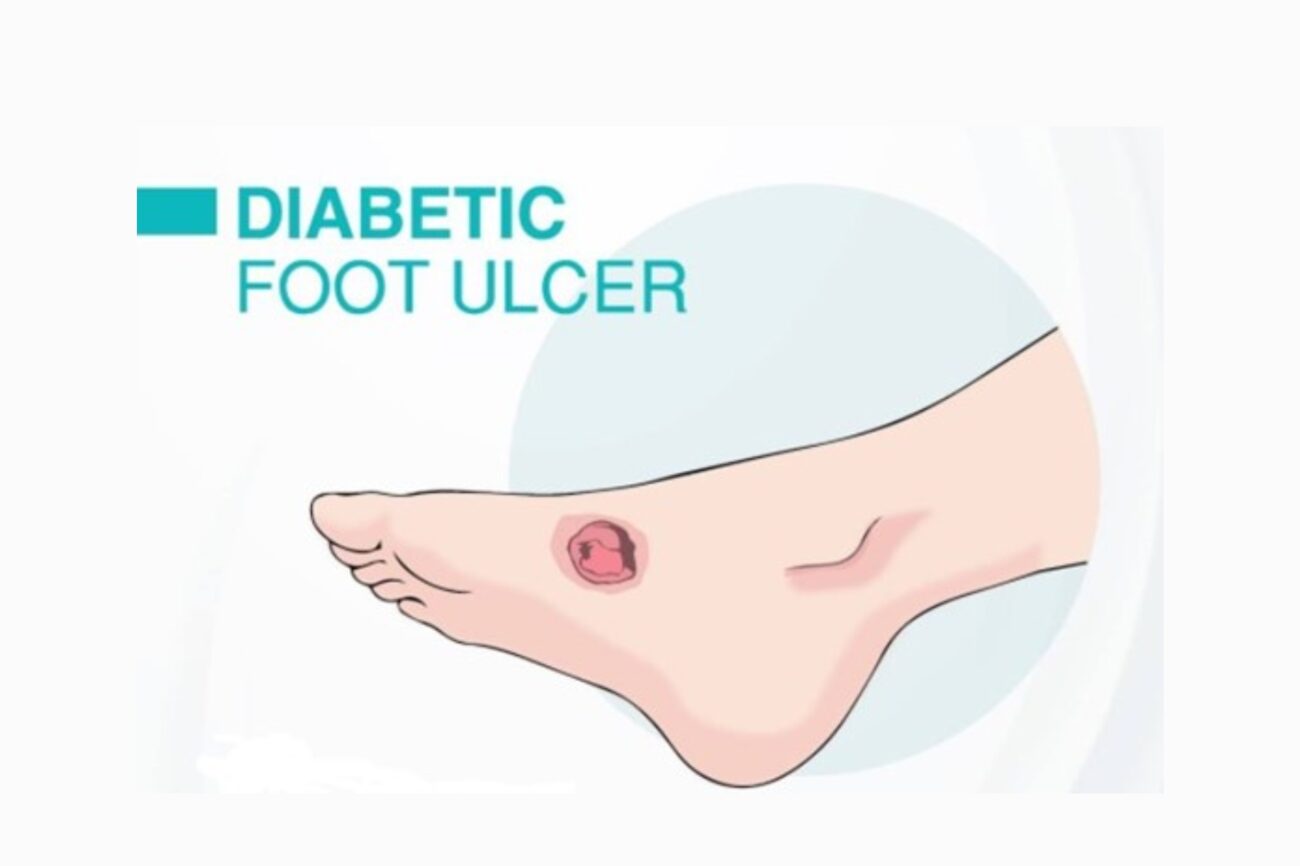Apollo Hospitals launches dedicated Diabetic Foot Clinics
Apollo Diabetic Foot Clinic will help to reduce lower limb amputations in diabetics Multidisciplinary team will identify signs of diabetic foot early and reduce risk of ulcers and infections First dedicated multidisciplinary diabetic foot

- Apollo Diabetic Foot Clinic will help to reduce lower limb amputations in diabetics
- Multidisciplinary team will identify signs of diabetic foot early and reduce risk of ulcers and infections
- First dedicated multidisciplinary diabetic foot clinic will open at Apollo Hospitals, Hyderabad
The Apollo Hospitals Group today launched dedicated Apollo Diabetic Foot Clinics, the first of which is opening at Apollo Hospitals, Hyderabad on World Diabetes Day. The dedicated clinic would provide optimal preventive and therapeutic care in the treatment of diabetic foot with a multidisciplinary team. The specialized Apollo Diabetic Foot Clinics would help in identification of signs of a diabetic foot early and prevent complications through proper diabetes management. The major aim would be to reduce risk of ulcers, infections and lower limb amputations due to infections arising from diabetes. The opening of the clinic in Hyderabad would be followed by opening of diabetic foot clinics at Apollo Hospitals across the country.
Dr. Prathap C. Reddy, Chairman, Apollo Hospitals Group said, “The proportion of diabetes among the NCDs is increasing at an alarming pace. A government study earlier this year showed that 11.5% of Indians above the age of 45 had diabetes. Among the most common complications is diabetic foot that results from the dual impact of peripheral artery disease and diabetic neuropathy (nerve damage). There is lessening of sensations such as pain leading to serious injury from even a small blister that gets infected, which may require amputation of the limb. Studies has shown that around 85% of all diabetes related foot or leg amputations begin with a foot ulcer[1]. The Apollo Diabetic Foot Clinic will be a Centre of Excellence for diabetic foot care and would help in addressing this growing healthcare challenge.”
The multi-disciplinary team at the Diabetic Foot Clinic would include diabetologists, orthopaedic and vascular surgeons, interventional radiologists, microbiologists, podiatrists specialized in treatment of feet and lower limb related disorders, specialist nurses, and technicians skilled in the biomechanics of movement.
Dr Sangita Reddy, Joint Managing Director, Apollo Hospitals Group said, “People with diabetes are at greater risk of complications and infection, and disease of the foot remains a major threat. The growing incidence of lower limb amputations in India, currently at around 40,000 every year is a matter of concern as most of these are due to diabetes.[2] The pain, effect on mobility, depression and inability to work after foot ulcers and amputations have a devastating impact on the quality of life. At the same time, no single person can treat a diabetic foot. It needs an expert dedicated multidisciplinary team. Studies have shown that structured multidisciplinary diabetic foot care leads to a significant reduction in lower-extremity amputation rates. It is estimated that almost 80% of amputations can be prevented with better care and support, thus helping the majority of diabetics in maintaining their well-being and quality of life. It is here that the Apollo Diabetic Foot Clinic will help in stemming this rise and help save diabetics from amputations.”
Dr R N Mehrotra, Sr. Consultant, Department of Endocrinology & Diabetes, Apollo Hospitals said, “Foot care in diabetics needs to be given prime importance as any inadequate treatment of foot ulcers can lead to rapid onset of infection, and a high risk of amputation. At the Apollo Diabetic Foot Clinic, the aim will be to prevent and heal blisters and ulcers it gets to a severe stage. The multidisciplinary team will allow collaboration and discussion on a personalized appropriate treatment and management plan for each patient. For the patients, it will reduce the need for them having to take multiple appointments, as also avoid delays in getting specialist opinion and treatment.”
The multidisciplinary team would undertake a complete examination of lower-limb pulses and toe pressure measurements, using Doppler ultrasound signals and pressure indices such as ankle-brachial pressure index or toe-pressure index, computed tomography angiography and diagnostic angiograms with tissue sampling of the wound site. The use of global scores such as SINBAD (Site, Ischaemia, Neuropathy, Bacterial infection, Area and Depth) score and WiFi (Wound, Ischaemia and Foot Infection) classification would help in standardization of treatment at par with the best in the world.
The Apollo Diabetic Foot Clinic would benefit from the collaboration and expertise of wound care professionals like. Prof. Venu Kavarthapu, FRCS, FRCS (Tr&Orth), Consultant Orthopedic Surgeon, King’s College Hospital, London. He will provide input fir the set-up of the multidisciplinary team with functioning protocols & pathways. He will conduct training workshops and offer fellowship in the UK for a consultant. Patients can also consult with him via tele-medicine platform for ensuring the continuum of care.
Prof. Venu Kavarthapu FRCS (Tr&Orth) Consultant Orthopaedic Surgeon, King’s College Hospital, London said, “The risk factors for diabetic foot disease include peripheral neuropathy, peripheral artery disease, previous foot ulcer, previous amputation, and foot deformity. The Apollo Diabetic Foot Clinic will give an advantage to clinicians in understanding, managing and coordinating the care of diabetic patients with a quick diagnosis of infection enabling immediate treatment. Clinicians at the clinic will also be training the patients in self-care as well as modifiable factors affecting healing such as poor nutrition, poor mobility, anemia, and smoking.”
The Apollo Diabetic Foot Clinics would provide a comprehensive range of treatments from prevention to reconstruction including ulcer debridement and infection control, soft tissue balancing procedures, bone exostectomy, minor amputations, actute deforming charcot correction, major deformity corrections, advanced Wound Care using hyperbaric oxygen therapy and two-stage reconstruction.






